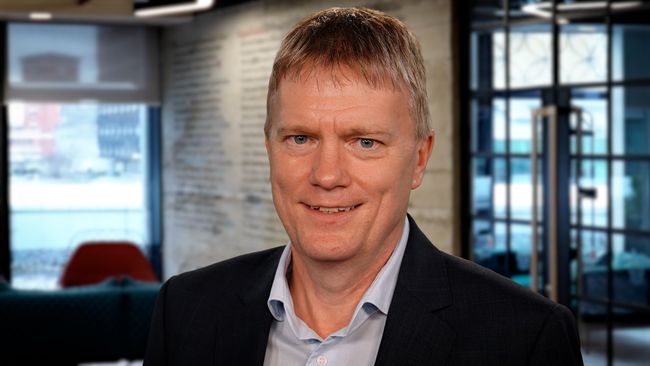Tech is becoming more prominent in the threat posed to the UK’s security, according to the CEO of the Defence Science and Technology Laboratory
Credit: Louise Haywood-Schiefer
The head of the government’s military research arm has claimed that the organisation is looking to better support the UK’s defence and security agencies by boosting its capabilities in cybersecurity, artificial intelligence, and machine learning.
Gary Aitkenhead, chief executive of government military research unit the Defence Science and Technology Laboratory, said that, for the armed forces and intelligence agencies, tech is becoming a bigger part of the threats they face – and how those threats must be combatted.
“The nature of defence and security is changing very quickly,” he said. “Those that would seek to do harm to our country have access to technology that they never had before. So, the threat becomes much more sophisticated, which means that we need to keep up and we need to stay ahead.”
In an interview with PublicTechnology sister publication Civil Service World, the DSTL chief described the pace of technological development as “our biggest challenge as an organisation”.
Related content
- “Active cyber defence”: UK’s first National Cyber Security Centre chief sets out strategy
- Defence secretary hopes to attract cyber experts to Armed Forces
- Next steps for UK cybersecurity: legislation; skills; and security by design
He said: “We need to get faster on cyber, get faster on artificial intelligence [and] machine learning – some of these new and evolving technologies that are moving at pace are not the things that we’ve always worked on as an organisation. So, my challenge is: how do we make sure that we’ve got the skill sets and that we’re moving fast enough in order to stay ahead?”
Welcoming more external input from academia and industry could help boost DSTL’s skills and agility, according the Aitkenhead.
“Rather than assuming that we are going to have all the skills and all the expertise in-house, we have to increasingly have networks and partnerships with industry and universities and take the ideas that they are generating and bring them in and make them useful for defence,” he said. “About half of the research that we do is subcontracted out to industry and to universities, and we need to keep doing that and do more of that in order to get access to the best technology that exists, [which is] probably outside the four walls of DSTL.”
A move to “taking other people’s inventions” will represent quite a shift for the organisation, which has been “used to inventing everything in house” for over 100 years.
Aitkenhead, who has spent half of his career as an engineer and the other half in sales and business leadership, said he has always been driven by “seeing technology being put into people’s hands to do something useful”. Leading DSTL, he said, represents “a chance to work in a technology organisation to really help address the significant challenges that defence and security face”.
Click here to read the full interview – including the DSTL chief’s thoughts on the organisation’s response to the Salisbury noivichok attacks.



